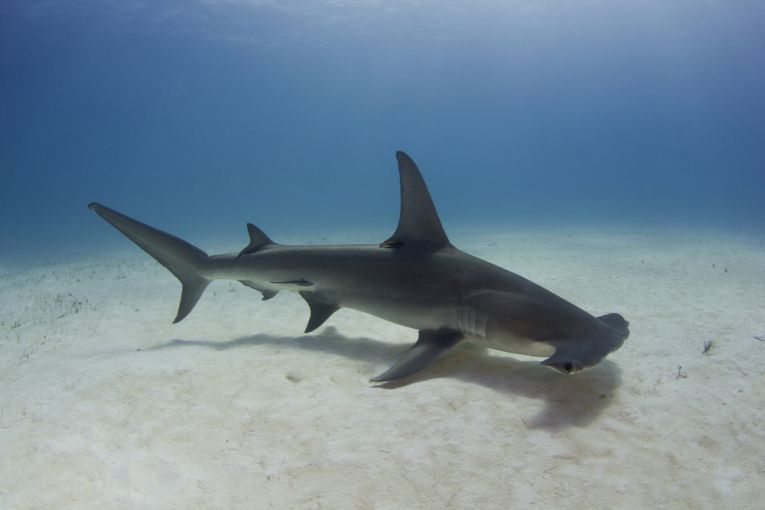The World Ocean Summit (the second one) is being held in San Francisco, in case you didn't know, sponsored by, "The Economist" and "National Geographic." That's only half of it. Many politicians, industry heads and conservationists and even some royalty have been collected together on the edge of the Pacific, on edge and hoping to edge closer to solutions for one of the greatest problems of conservation: how to look after our poor polluted, warming and increasingly-empty seas
Five working groups have started discussing already, with Monday's agenda involving some of the following areas. Exclusive Economic Zones (EEZ) are conservation areas of sea controlled by a neighbouring country. The many uses of the sea cause conflict between users, including most often the organisms within the local food webs. Integration between both government and industry is essential to properly and efficiently exploit resources.
Degradation of the ecosystems involved and lack of growth in over-fished fisheries, for example, result when any of the important partners in the EEZ fail to be understood or to understand their own position. This has increased the amount of integrated governance where these EEZs have been established. The worry is whether a long-term solution to problems can cause some industries to benefit more and how they and the natural inhabitants of the will be advantaged
One other working group study how the "natural capital" of the oceans can be best sustained, while using it as resources for industry and food as well as maintaining biodiversity in the face of terrible losses of species in some areas. As biodiversity declines, it seems absolutely inevitable that the economy of the oceans suffers. This even includes 50% of our breathable oxygen.
Food for free has provided fishermen with a living for thousands of years, but industrial fishing is likely to cause a ridiculous price to be paid by all of us, just because of the greed of a few. This group have labelled some activities, "irrational economic behaviour."
This is not irrational if you are making a lot of money from it. How to preserve, sustain and conserve in those corporate strategies in the aquaculture, renewable energy and more traditional industries is the question. Just how many barriers will be erected before conferences like these will be able to try and break them?
Other groups are studying if we can continue to feed more parts of the world by using the reduced oceanic resources that are left. We will certainly be reporting on the finale of this interesting conference, or to be more accurate this collection of conferences, split into working groups such as these we have looked at from day 2. Ideally, this activity should never end.
Here's one aspect of the problem, hinted at by our frontispiece above. This article places sharks in a totally different and sad light in "Shark Survival and Human Greed".










